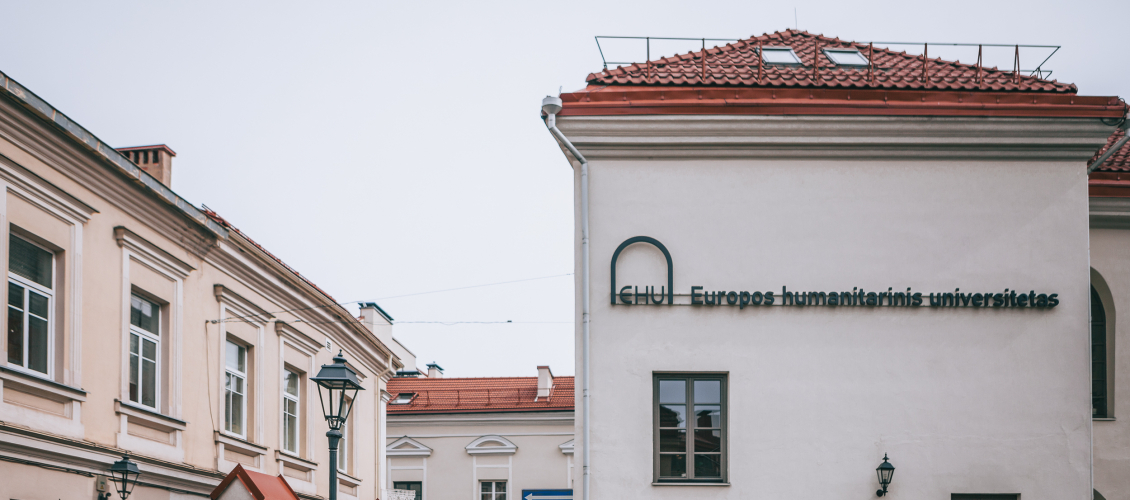“Knowledge economy” is an expression designating the most advanced phase of economic development characteristic of post-industrial societies. At this stage, it is knowledge that begins to play a key role in the development of the economic sphere; knowledge production becomes the driving force behind the development of a country and society. Accordingly, investments in education and scientific research become priorities in public policy.
In the modern world the potential of the country is estimated, among other things, on the basis of measuring the level of knowledge economy. For this purpose, a special index was developed – The Knowledge Economic Index (KEI). In 2019, the European Bank for Reconstruction and Development published the knowledge economy indices of 38 countries with which it cooperates. The top three were Estonia, Slovenia and Lithuania. Belarus ranked 11th in this ranking, which was primarily due to the intensive development of the High Tech Park, which began after the adoption of the Decree “On the development of the digital economy” in 2017. At the same time, investment in education and science remained traditionally low in Belarus.
The purpose of the discussion was to exchange experiences and ideas about the current state of affairs and prospects for the development of the knowledge economy in Lithuania and Belarus.
Panelists:
- Andrius Kubilius, Member of the European Parliament, Prime Minister of Lithuania (1999-2000, 2008-2012);
- Rimantas Žylius, Adviser to the Prime Minister, Vice-Minister of Economy of Lithuania (2009-2011), Minister of Economy of Lithuania (2011-2012);
- Pavel Daneiko, Belarusian economist, Administrative Director of the Belarusian Economic Research and Outreach Center (BEROC);
- Almira Ousmanova, philosopher, professor at the EHU Department of Social Sciences, Head of the EHU Media Department (2005-2014).
The discussion was moderated by Tatiana Shchyttsova, philosopher, professor at EHU, Sviatlana Tsikhanouskaya’s representative for education and science.
The panelists discussed such issues as:
- Features of development and promotion of knowledge economy in Lithuania: political decisions and social context.
- Prospects for the development of knowledge economy in a democratic Belarus: preconditions and difficulties.
- Connection between education and development of the knowledge economy. What changes in education system were/are necessary?
- What is the role of socio-humanitarian sciences in the development of knowledge economy?
- To what extent does democracy contribute to the development of knowledge economy?
The discussion was organized by:
- European Humanities University, Vilnius
- Belarus expert community platform “Bank of Ideas”
- Office of Sviatlana Tsikhanouskaya
You can watch the discussion video here.
